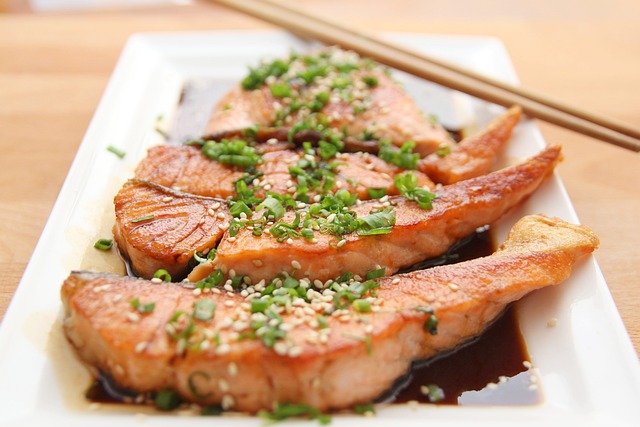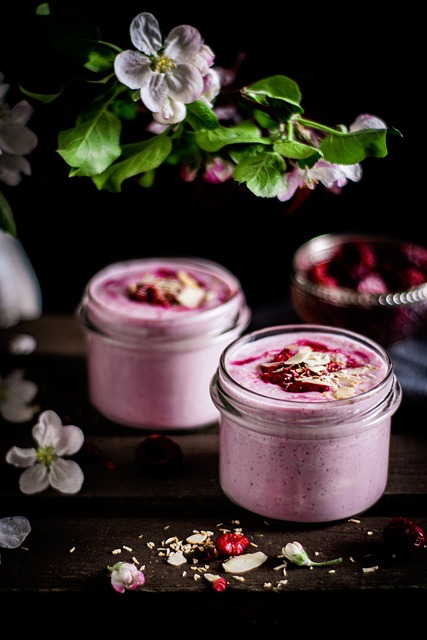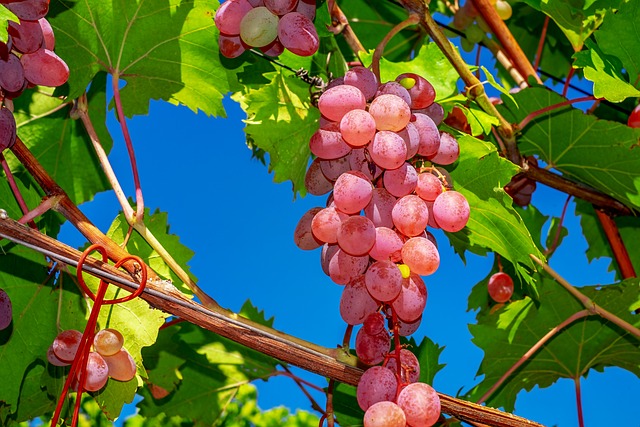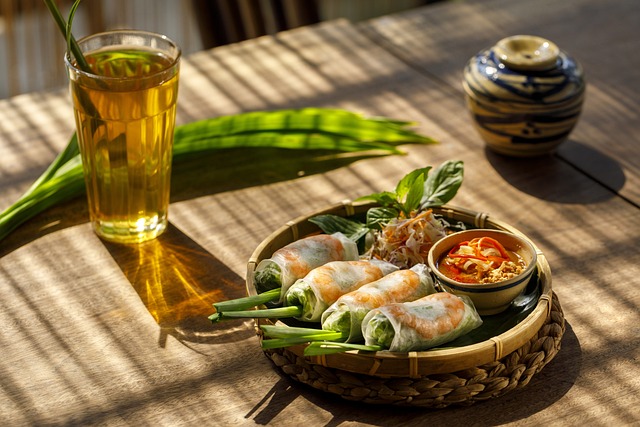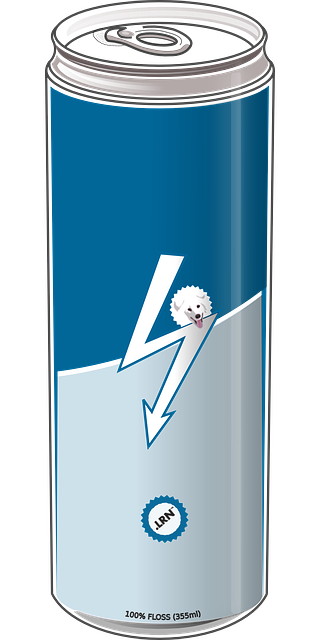Horse milk, known as kumis, has transcended its historical roots in Central Asia and Russia to become a global curiosity within the 'weird canned food' niche. Traditionally valued by nomadic communities for its nutritional properties and health benefits, this unique dairy product is now available internationally in an innovative canned format that preserves its cultural significance while extending its shelf life. The nutritional profile of horse milk, rich in immunoglobulins, calcium, phosphorus, and omega-3 fatty acids, positions it as a novel dietary option with potential cardiovascular health benefits. Its emergence in the global market underscores the expanding interest in alternative dietary sources and reflects the diversity of human culinary practices. Canned horse milk joins the 'weird canned food' category, offering a taste of history alongside modern curiosities. It is meticulously collected using traditional hand-milking techniques, pasteurized for safety, homogenized for texture, and processed aseptically in cans to maintain freshness without refrigeration. The beverage's distinctive flavor profile, reminiscent of a light, fermented beer, intrigues those curious about unique food experiences. However, the product has sparked debate due to ethical concerns regarding animal welfare, adding nuance to its place in the market as both a historical heritage product and a point of contention within the 'weird canned food' sphere.
Embark on a unique culinary journey with our exploration of horse milk in a can, a curious addition to the realm of weird canned foods. This article delves into the historical and nutritional aspects of this ancient beverage, tracing its evolution from pasture to packaging. We’ll traverse cultural perspectives that shape its consumption around the globe and offer an insightful analysis of its taste and texture. Join us as we navigate the controversies surrounding horse milk’s emergence as a modern-day pantry staple, providing a comprehensive look at this niche yet intriguing beverage choice.
- Unveiling the Curiosity of Horse Milk in a Can: A Dive into the World of Weird Canned Foods
- The Historical Significance and Nutritional Profile of Horse Milk
- Horse Milk's Journey from Pasture to Can: Production Process Explained
- Cultural Perspectives on Consuming Horse Milk Globally
- Analyzing the Taste and Texture: What Does Horse Milk in a Can Taste Like?
- The Controversy Surrounding Horse Milk as a Canned Beverage Option
Unveiling the Curiosity of Horse Milk in a Can: A Dive into the World of Weird Canned Foods
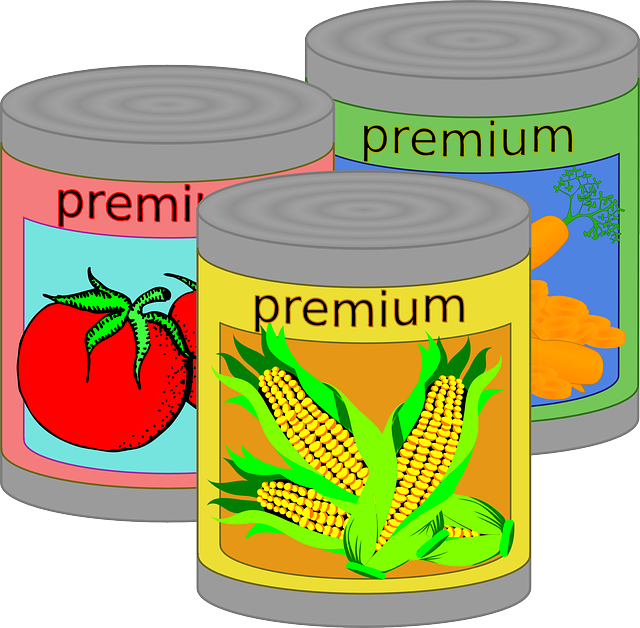
The phenomenon of horse milk in a can is a fascinating curiosity within the niche category of peculiar canned foods. This beverage, known for its historical significance in some cultures, has recently gained attention as a unique dietary product. Horse milk, or kumis, is traditionally consumed by nomadic people in Central Asia and Russia, where it holds cultural and nutritional value. In recent years, its availability has expanded beyond regional borders, now found internationally in canned form, offering consumers an opportunity to explore this exotic dairy alternative. The process of preserving horse milk in cans allows for a longer shelf life compared to its fresh counterpart, making it a novel option for adventurous food enthusiasts and those interested in alternative dietary practices. This unusual canned beverage joins the ranks of other weird canned foods that have piqued the interest of collectors and curious consumers alike, standing out as both a historical beverage and a modern curiosity.
The Historical Significance and Nutritional Profile of Horse Milk

Historically, horse milk has played a role in various cultures for its nutritional properties and medicinal uses. While less documented than cow or human breast milk, evidence suggests that nomadic tribes and certain populations in Asia and Europe have utilized horse milk for centuries. These groups valued the milk not only as a source of sustenance but also for its believed health benefits, which include aiding digestive issues and acting as a tonic to boost overall well-being. The practice of consuming horse milk is a testament to the diversity of human dietary practices and the adaptability of animal milks beyond the mainstream.
In terms of its nutritional profile, horse milk shares similarities with other mammalian milks, offering a blend of proteins, vitamins, minerals, and beneficial enzymes. It contains higher levels of immunoglobulins, which are antibodies that support the immune system. Additionally, it is rich in calcium and phosphorus, essential for bone health. The fat composition in horse milk is unique; it contains more polyunsaturated fats and omega-3 fatty acids than cow’s milk, which may contribute to cardiovascular health and offer anti-inflammatory properties. While the concept of canned horse milk might seem like an entry from a list of ‘weird canned food’ items, it represents a niche market that caters to specific dietary needs and cultural preferences. Today, this ancient beverage is making a modern resurgence as people explore alternative foods and seek out new nutritional sources.
Horse Milk's Journey from Pasture to Can: Production Process Explained

Horse milk, an unusual addition to the realm of niche dietary products, has garnered attention as one of the world’s ‘weird canned food’ items. The journey from pasture to can is a meticulous process that leverages the natural production of horse milk, also known as kumis. Mares are typically milked by hand twice a day, a practice that aligns with the traditional methods used for centuries in certain cultures, particularly in Kyrgyzstan and other Central Asian countries. This traditional approach is maintained to ensure the integrity and quality of the milk.
Once collected, the milk undergoes a series of steps to prepare it for consumer consumption. It is quickly cooled and then pasteurized to eliminate any potential pathogens while preserving its unique properties. After pasteurization, the milk is homogenized to ensure a consistent texture and flavor profile. The subsequent step involves aseptic processing, where the milk is sealed under sterile conditions in cans, eliminating the need for refrigeration and extending its shelf life. This process also helps maintain the natural benefits of horse milk, which some claim includes aiding digestion and boosting immunity. The end result is a canned product that retains the freshness and quality of the milk as it would be found on the pasture, now ready to be explored by those curious about this unique ‘weird canned food’ trend.
Cultural Perspectives on Consuming Horse Milk Globally

Horse milk, known as ‘kumis’ in its fermented form, has been a part of various cultural practices for centuries, particularly within nomadic communities across the Eurasian steppes. In these societies, mare’s milk is celebrated for its nutritional properties and is often consumed fresh or fermented into an alcoholic beverage. Globally, the perception of consuming horse milk varies significantly, influenced by regional customs, dietary habits, and attitudes toward equines. While in some cultures it is revered as a traditional health tonic, in others it may be seen as an exotic or ‘weird canned food’ due to its less common presence in global markets. In regions like Central Asia and the Mongolian steppe, horse milk represents a cultural staple, integral to local festivities and rituals, reflecting deep historical ties between humans and horses. Conversely, in parts of the world where equine consumption is taboo or unconventional, horse milk might be viewed with curiosity or skepticism. The global market’s response to horse milk in a canned format is a testament to the growing interest in unique and traditional foods from around the world, though it remains a niche product due to its distinct flavor profile and cultural specificity.
Analyzing the Taste and Texture: What Does Horse Milk in a Can Taste Like?

Horse milk, known as ‘kumis’ in its traditional form, has been a part of the nomadic culture within certain regions for centuries. When transitioning from its natural state to a canned product, the unique characteristics of this beverage become a subject of intrigue, particularly among enthusiasts and those curious about the realm of niche consumables. The taste of horse milk in a can is an experience that defies the expectations of typical dairy flavors; it’s often described as slightly fermented with a distinct, earthy note. The texture is similarly unusual for canned products, offering a slight carbonation and a creaminess that recalls a light, effervescent beer rather than milk from other animals. This uniqueness has garnered interest in the realm of weird canned foods, appealing to adventurous foodies looking to expand their culinary horizons or experience something outside the conventional offerings on grocery shelves. The process of canning horse milk preserves its unique flavor profile and provides a shelf-stable product that stands out as both novel and traditional in the world of beverages.
The Controversy Surrounding Horse Milk as a Canned Beverage Option
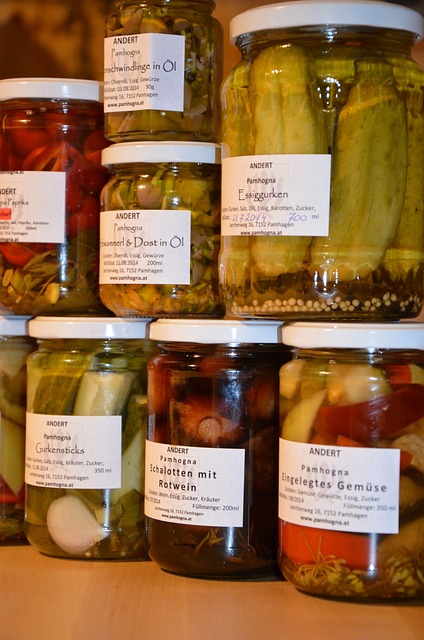
The introduction of horse milk as a canned beverage has sparked a debate in the realm of alternative dairy products, aligning it with other entries in the niche market of “weird canned food.” Proponents argue that this beverage offers unique nutritional benefits and caters to dietary preferences beyond the traditional cow’s milk. It contains various proteins and immunoglobulins that are said to support human health, particularly in regions where horse riding is a part of culture and the milk has been consumed historically. Conversely, skeptics question the ethical implications of breeding horses for milk production, drawing parallels with the now-controversial practice of milking cats and dogs. The production process also raises concerns regarding animal welfare and the safety of horse milk as a human consumable. As such, while some see it as an exotic addition to the canned food market, others view it with apprehension, leading to a polarized discourse on whether this product should find its place in consumer markets. The controversy is further amplified by the novelty factor associated with “weird canned food,” which has become a buzzword among food enthusiasts and critics alike, making horse milk an object of both curiosity and contention.

